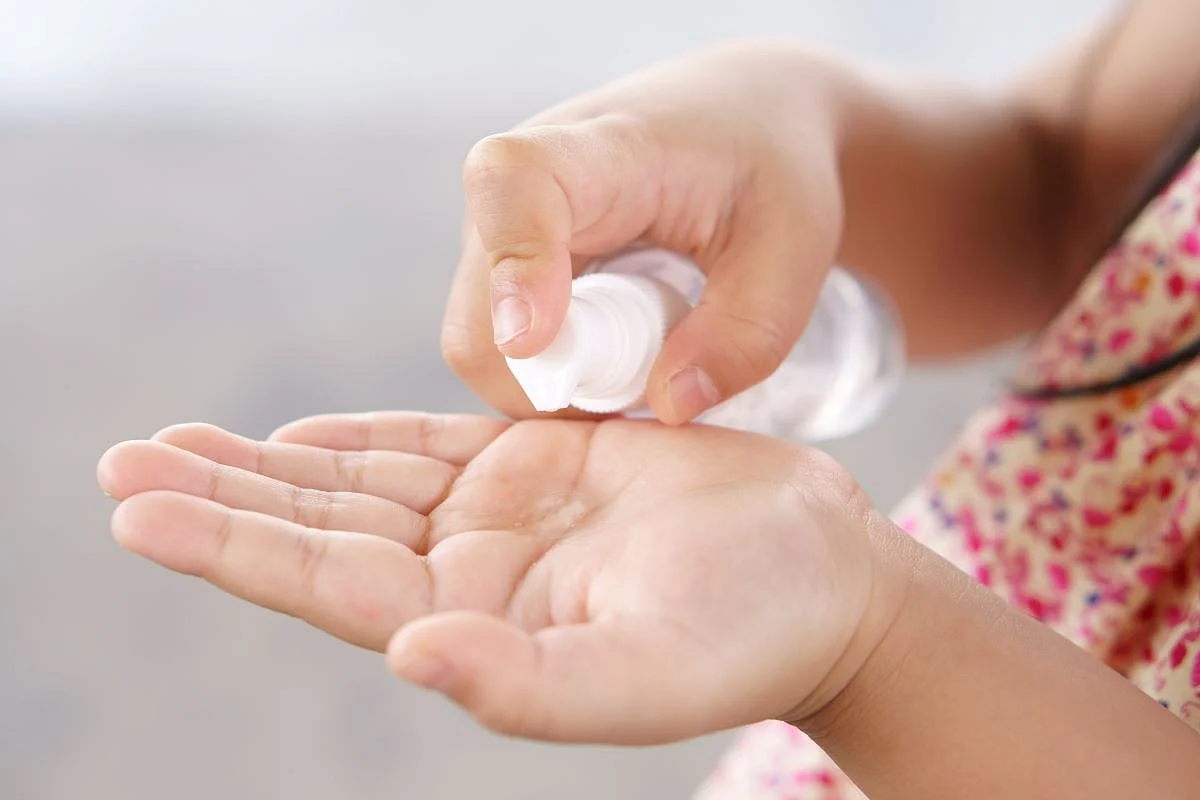Skin Care Product Use by Children Tied to Phthalates/Replacement Metabolites
By Elana Gotkine HealthDay Reporter
MONDAY, Sept. 9, 2024 -- In young children, skin care product (SCP) use is associated with urinary phthalate/replacement metabolites, according to a study published online Sept. 4 in Environmental Health Perspectives.
Michael S. Bloom, Ph.D., from George Mason University in Fairfax, Virginia, and colleagues examined the associations between SCP use and children's urinary phthalate/replacement metabolite concentrations. Children aged 4 to 8 years provided spot urines from 2017 to 2019, and mothers were queried about children's SCP use in the previous 24 hours (906 children). Liquid chromatography-tandem mass spectrometry was used to determine the concentrations of 16 urinary phthalate/replacement metabolites (630 children). Children's use of different SCPs was estimated as individual predictors of urinary phthalate/replacement metabolites.
The researchers observed associations for lotion use with a 1.17-fold increase in monobenzyl phthalate, and for oils, they found associations with 2.86-, 1.43-, and 1.40-fold increases in monoethyl phthalate, monobutyl phthalate (MBP), and low molecular weight phthalates, respectively. Associations were seen for use of two-in-one haircare products with 0.84- and 0.78-fold lesser mono(3-carboxypropyl) phthalate and MBP, respectively. Some of these associations were modified by a child's race/ethnic identity. Four distinct SCP-use exposure scenarios were identified with self-organizing maps that predicted 1.09-, 1.31-, 1.13-, and 1.04-fold increases in monocarboxy isononyl phthalate, mono-2-ethyl-5-hydroxyhexyl terephthalate, monoethylhexyl phthalate, and diethylhexyl phthalate, respectively.
"The results can inform policies to address the use of endocrine-disrupting chemicals in skin care products that may be used on children and to help advise parents' decisions about using products to limit their children's exposure to potential developmental toxicants," Bloom said in a statement.
Disclaimer: Statistical data in medical articles provide general trends and do not pertain to individuals. Individual factors can vary greatly. Always seek personalized medical advice for individual healthcare decisions.
© 2025 HealthDay. All rights reserved.
Posted September 2024
Read this next
Public Believes Dermatologic Side Effects From Cancer Treatment Are Common
TUESDAY, Aug. 12, 2025 -- Most individuals living in underserved communities believe that dermatologic side effects (DSEs) from anticancer therapies (ACTs) occur at high rates...
Increase Seen in Nitrous Oxide-Related Mortality From 2010 to 2023
FRIDAY, Aug. 8, 2025 -- From 2010 to 2023, there was an increase in nitrous oxide-related mortality, with the trend significant through 2018, according to a research letter...
Keurig K-Cups Recalled Due to Potential Ink Contamination
FRIDAY, July 25, 2025 — Keurig K-Cups are being recalled nationwide due to a packaging issue that could cause ink to run into the coffee during brewing. The U.S. Food...
More news resources
- FDA Medwatch Drug Alerts
- Daily MedNews
- News for Health Professionals
- New Drug Approvals
- New Drug Applications
- Drug Shortages
- Clinical Trial Results
- Generic Drug Approvals
Subscribe to our newsletter
Whatever your topic of interest, subscribe to our newsletters to get the best of Drugs.com in your inbox.

